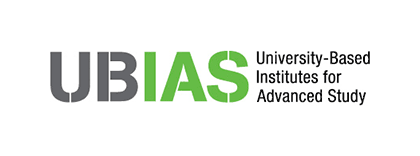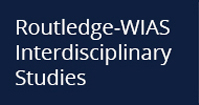December 12 (Mon.) 16:20-17:20 Sustainable Society
Chair
HOFMANN Reto
WIAS Alumnus, Senior Lecturer, School of Media, Creative Arts and Social Inquiry, Curtin University
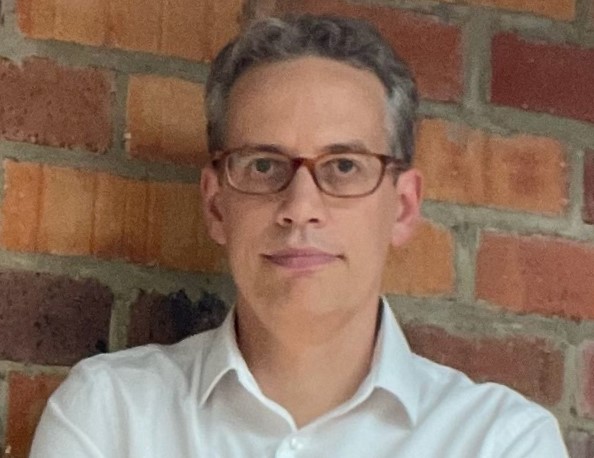
Research Field:Global history
Reto Hofmann is Senior Lecturer in Asian Studies at Curtin University, Perth, and Research Adjunct at the Waseda Institute for Advanced Studies. He specializes in modern Japanese and international history. He is the author of The Fascist Effect: Japan and Italy, 1915-1952 (Cornell University Press, 2015), and editor, with Max Ward, of Transwar Asia (Bloomsbury, 2021). His work has also appeared in the Journal of Contemporary History, Journal of Global History, Japan Forum, and Journal of Asian Studies. He received his BA (Hons) from UWA and PhD from Columbia University.
Speakers
ANNAKA Susumu
WIAS Alumnus, Assistant Professor, Faculty of Humanities and Social Sciences, Hirosaki University
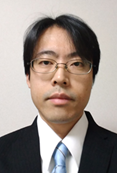
Research Field:Politics
Susumu ANNAKA is an assistant professor at Faculty of Humanities and Social Sciences in Hirosaki University. He recieved a PhD in political science from Waseda University. His main topics of interest are human development, human health and war. He published ‘Political Regime, Data Transparency, and COVID-19 Death Cases’ (SSM-Population Health, 2021) and co-authored article entitled ‘Political Liberalization and Human Development: Dynamic Effects of Political Regime Change on Infant Mortality across Three Centuries (1800-2015)’ (World Development, 2021) and ‘Can a Constitutional Monarch Influence Democratic Preferences? Japanese Emperor and the Regulation of Public Expression’ (Social Science Quartely, 2022). He also published several papers in Japanese refreed journals.
UNNO Noriko
Assistant Professor, Waseda Institute for Advanced Study, Waseda University
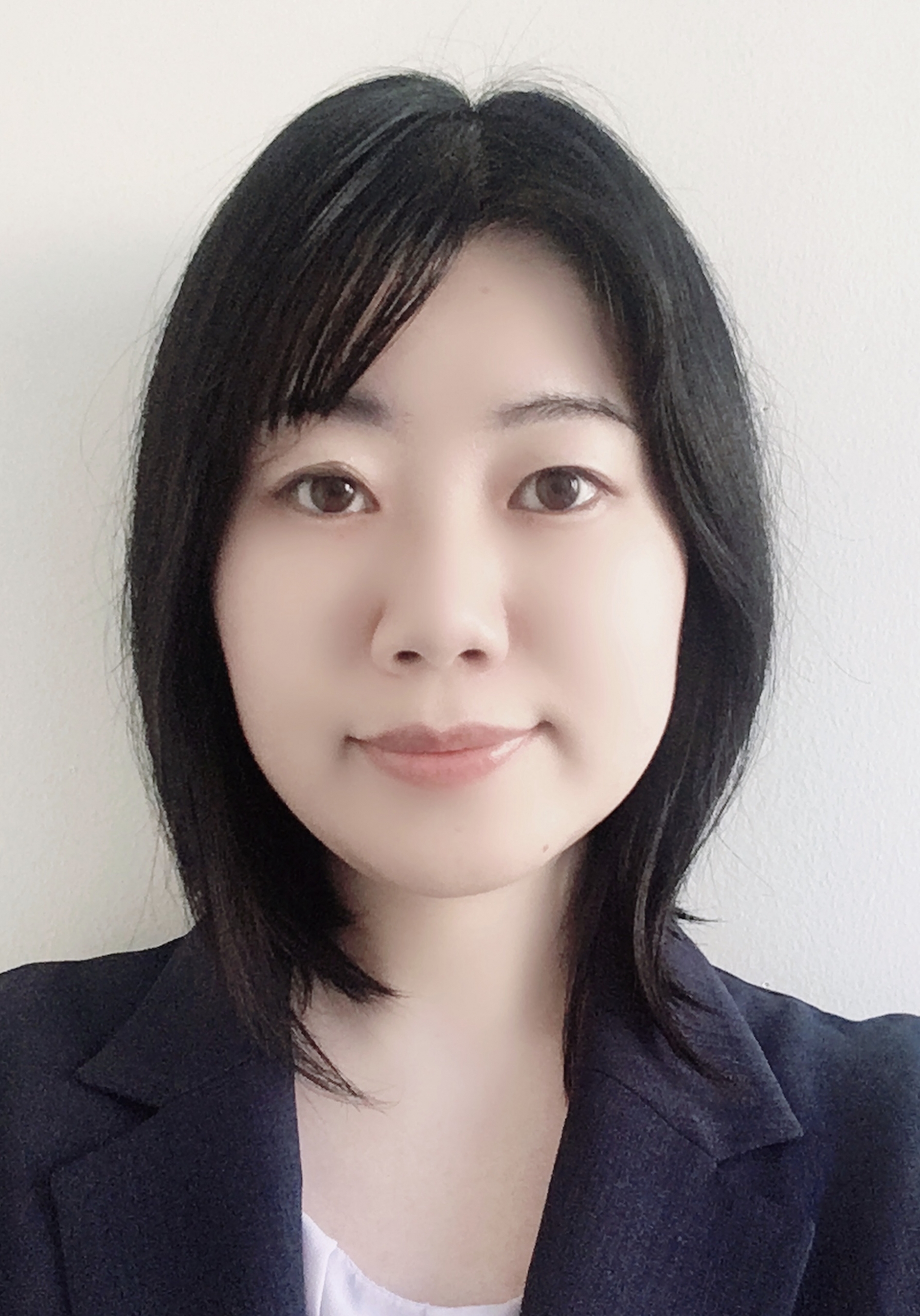
Research Field:Area Studies
Noriko UNNO is currently Assistant Professor at the Waseda Institute for Advanced Study. She specializes in the modern history of China and Central Eurasia and Islamic studies. She received her B.A., M.A., and Ph.D., from the University of Tokyo, in 2017. She has conducted research at the Harvard Yenching Institute, the National Chengchi University, and the Uzbekistan Academy of Sciences. She is the author of numerous scholarly articles which explore the social history of Sinophone Muslims and the Turkic people in today’s Xinjiang, their relations with the Ottoman, Japanese, and Russian empires, and Japan’s Islamic policy in the WWII.
YAMAMURA Shu
WIAS Alumnus, Associate Professor, Faculty of Urban Environmental Sciences, Tokyo Metropolitan University
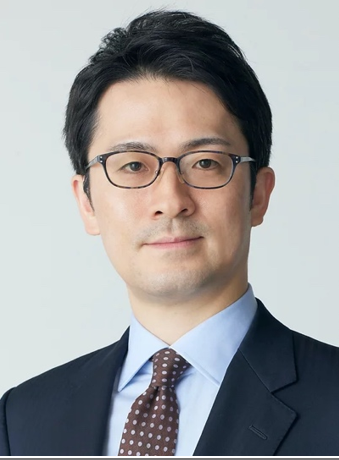
Research Field:City planning
Shu Yamamura is Associate Professor of Planning at the Department of Urban Science and Policy, Tokyo Metropolitan University. He completed his undergraduate studies at Waseda University and worked for several ICT companies. After six years in ICT business as an investment manager being in charge of M&A of high-tech startups, he returned to the Graduate School of Creative Science and Engineering at Waseda, and he gained a master’s degreein architecture and a Ph.D. in engineering. His research interests lie at the crossroads of interdisciplinary research between urban planning and social sciences. Current research projects and interests of him relate to creative industry clusters in Tokyo (ICT, animation, apparel design, etc.), business location theories, knowledge-city policies, inner city problems and revitalization, urban structural transformation of metropolitan suburbs, etc.
EDWARDS JR Donald Brent
Associate Professor, Waseda Institute for Advanced Study, Waseda University
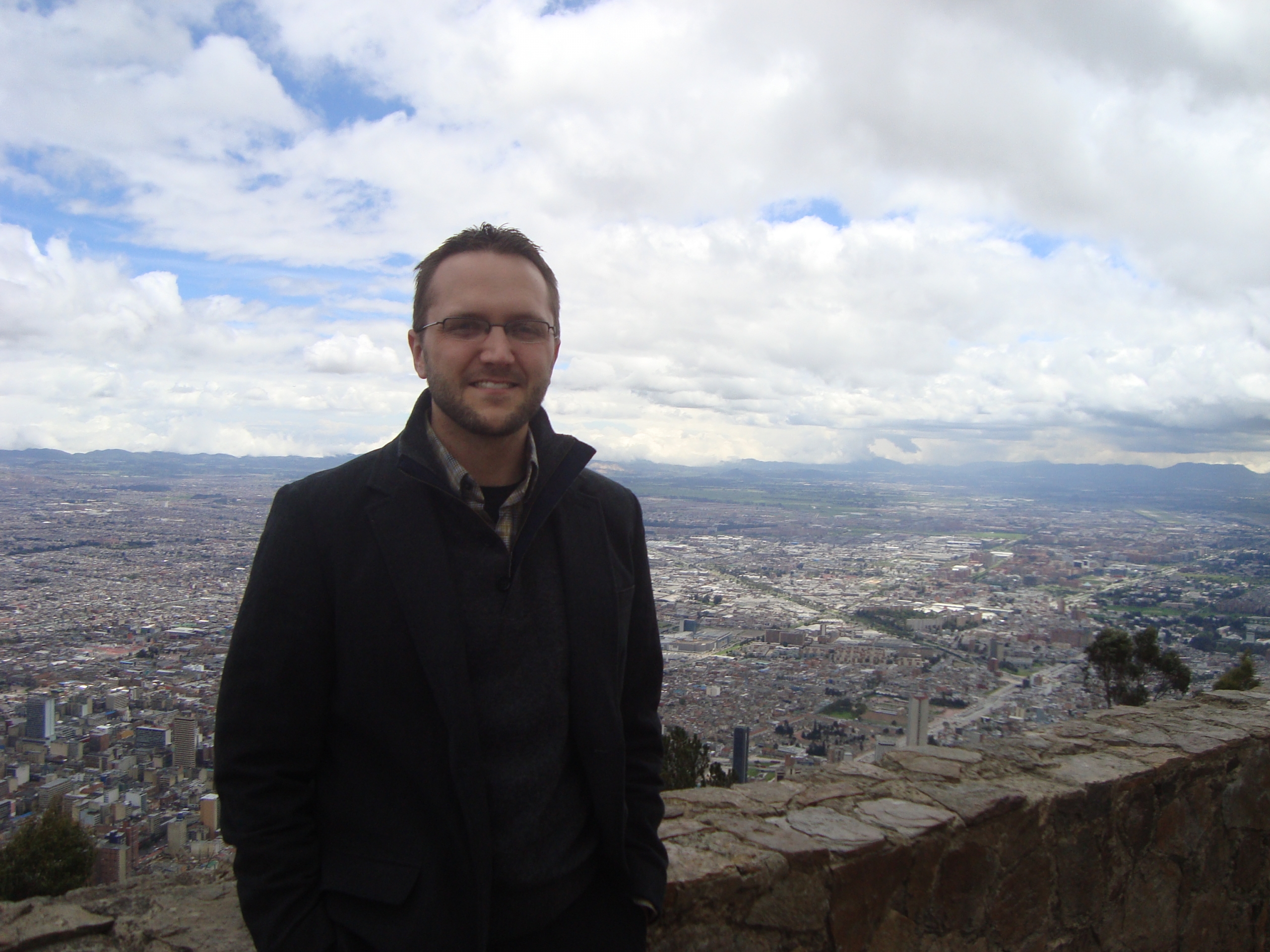
Research Field:Educational Sociology
D. BRENT EDWARDS JR. is Associate Professor at the Waseda Institute for Advanced Studies at Waseda University. His work focuses on (a) the global governance of education, and (b) education policy, politics and political economy, with a focus on low-income countries. Within these research lines, Edwards has focused on investigating the rise of global education policies and the influence of international organizations in education reform. Geographically, these areas of focus have led to research primarily in Latin America (Mexico, Colombia, El Salvador, Honduras, Dominican Republic, Paraguay), as well as Southeast Asia (Cambodia, Indonesia, the Philippines), and Africa (Kenya, Namibia, Zambia).



